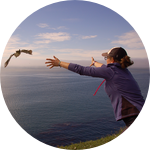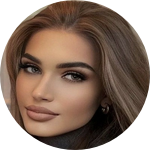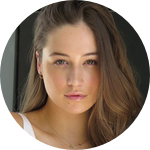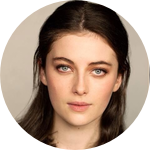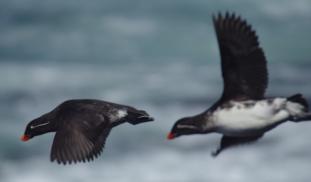Please wait...
About This Project
Plastic debris is choking our ocean ecosystems, including the Bering Sea. In this region, the seabirds and their prey mistake plastics for food, resulting in exposure to harmful plastic-associated chemicals like phthalates. We do not know the extent of phthalate exposure nor their effects on seabird health. We aim to build knowledge of phthalate exposure in Bering Sea seabirds to understand effects on reproduction, survival, and ecosystem health.

Browse Other Projects on Experiment
Related Projects
Out for blood: Hemoparasites in white-tailed deer from the Shenandoah Valley in Northern Virginia
Our research question centers about the prevalence and diversity of hemoparasites that infect ungulate poplulations...
Using eDNA to examine protected California species in streams at Hastings Reserve
Hastings Reserve is home to three streams that provide critical habitat for sensitive native species. Through...
How do polar bears stay healthy on the world's worst diet?
Polar bears survive almost entirely on seal fat. Yet unlike humans who eat high-fat diets, polar bears never...
